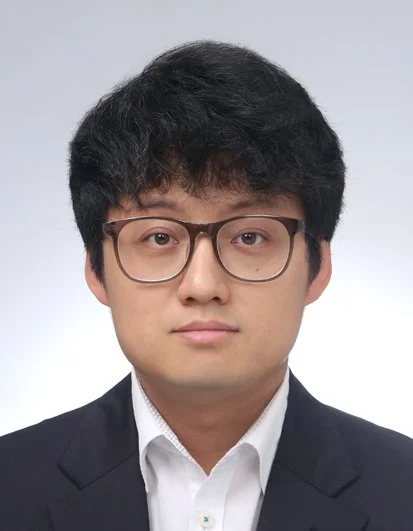KIT
The Korea Institute of Toxicology (KIT) was established under Korea Research Institute of Chemical Technology (KRICT) as a global toxicity research institute for the nation’s health and to make a more safe society. KIT is affiliated with National Research Council of Science and Technology (NST) which is under the Ministry of Science and ICT (MSIT) in South Korea. It was founded to contribute to the public health and welfare enhancement by safety assessments of chemical and biological materials such as medicines, pesticides, food additives, and cosmetics, by research developments of related technologies, and by the provision of non-clinical assessment services. KIT’s GLP system has been certified by Korean and international regulatory authorities based on OECD and US FDA GLP criteria. KIT was the first organization in Asia accredited by AAALAC International for humane laboratory animal treatment.
Given that importance of alternative testing method gains momentum, the Department of Predictive Toxicology at KIT aims to develop advanced predictive toxicology technology based on in vitro and in silico approaches. KIT plays a leading role in developing alternative toxicology technology. KIT have participated in Gov4Nano and OpenRiskNet (Horizon 2020), developing nano-QSAR and nanotoxicity database (OpenRiskNet services and NanoToxRadar). Currently KIT participates AiChemist (Horizon Europe), aiming development of explainable artificial intelligence model for molecular structure data.
Main activities and roles in SUNRISE
[WP2] KIT will develop a machine learning/deep learning model to predict toxicity of advanced nanomaterials based on the available information including nanomaterial’s structure. The model developed throughout the project will be deployed as a web service.
Meet the KIT team
Hyun Kil Shin, Ph.D
Senior Researcher (Korea Institute of Toxicology), Associate professor (University of Science and Technology)
Research interest: Advanced machine learning, drug design, advanced nanomaterial design
Hyun Kil Shin is currently a senior researcher in Korea Institute of Toxicology and working on the projects to develop machine learning (ML) model for safe compound design. His research focus is on application of advanced ML algorithms on molecular structure datasets. Particularly he is interested in development of novel molecular representation applicable to deep learning model.


